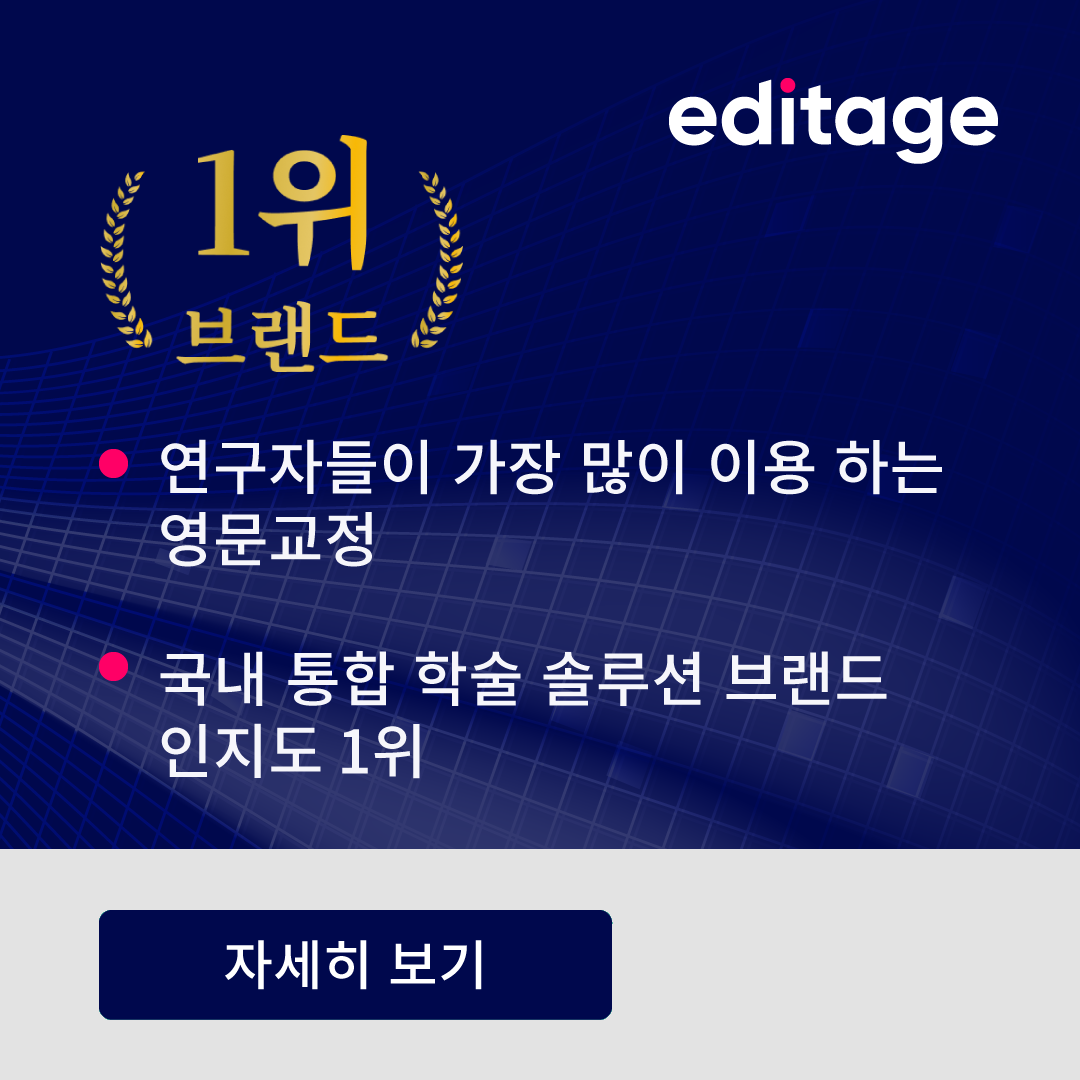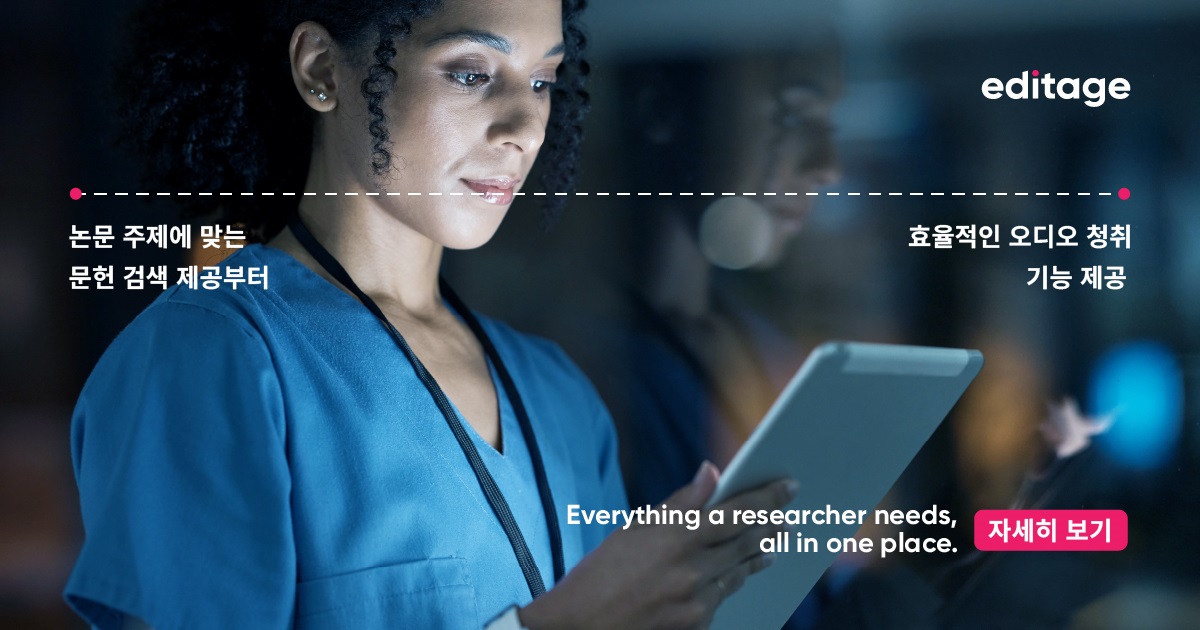Been looking for answers to your questions on peer review? Here are some!
- What are the open and blinded peer review processes?
A blinded peer review is one where either the author’s or the reviewers’, or both, identities are not disclosed. In a single-blind review, authors do not know who reviewed their paper, while reviewers are aware of the authors’ identity. A double-blind review is one in which both authors and reviewers are blinded: The authors are not aware of the identity of the reviewers and vice versa.
In an open peer review, neither reviewers nor authors are blinded. If a particular manuscript is rejected, the author knows who reviewed the paper and the reasons for the paper not meeting the expected standards. If the paper is published, all versions of the manuscript, reviewers' comments, and the authors’ responses to the comments are published along with the final manuscript.
- What advantages does one of these types of peer review offer over the other?
Though anonymity in a blinded peer review is meant to reduce bias, it may sometimes allow reviewers to give inaccurate or irresponsible feedback to authors, knowing that their (the reviewers’) names will not be disclosed. Mark Henderson criticizes the blinded review process in his article in the British Medical Journal, “Some papers do not get the scrutiny they need, while others are unfairly rejected.”
The open peer review system brings transparency to the process; however, authors and reviewers may be reluctant to go through such a review because the comments by the reviewers, the responses by the author, and the original versions of the manuscript are publicly accessible. As a result, authors and reviewers may fear criticism.
- What are the major reasons for a delay in the review process? What can authors do to prevent this delay?
As per a recently published study, the two most common reasons for a delayed review process are as follows:
1) Difficulty in finding suitable reviewers for the manuscript
2) Submission of badly formatted and poorly written manuscripts that do not adhere to the journal’s technical and ethical guidelines
In order to avoid delays in the review process, authors could suggest preferred reviewer names at the time of submission. A preferred reviewer should be someone with sufficient subject matter expertise to provide a good and reliable review of the study. Authors should also ensure that their manuscript adheres to all the journal guidelines and get their manuscript edited and proofread by a language expert, if required prior to submission. Another question many authors have regarding the journal review process is What is the meaning of "decision in process status"?
Authors should keep in mind the list of dos and don'ts when responding to peer reviewer comments in order to ensure smooth publication process.











